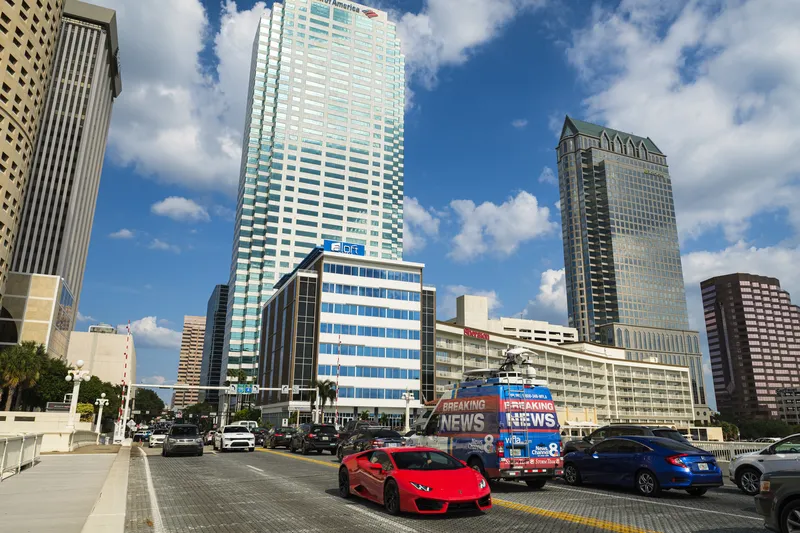
Iteris has been awarded a four-year contract from the Hillsborough County Board of County Commissioners in Florida for a regional smart mobility and safety initiative.
Iteris says the programme will support the management and operation of a smart transportation system that will improve safety and mobility for all road users in the community, which spans Tampa, Plant City and Temple Terrace.
Under the agreement, Iteris is to provide traffic signal re-timing, active arterial management, traffic operations support, traffic management centre operations and staffing and connected vehicle priority and pre-emption system programme management.
Additionally, Hillsborough County is to extend its use of Iteris' ClearGuide mobility Software as a Service solution, which has been upgraded to include automated signal performance measures capabilities for the programme.
ClearGuide is a component of the ClearMobility Platform, a solution which continuously monitors, visualises and optimises mobility infrastructure.
According to Iteris, ClearMobility applies cloud computing, artificial intelligence, advanced sensors, advisory services and managed services to help ensure roads are safe.
As part of the deal, Iteris will optimise transportation system operations, respond to incidents and manage traffic, support interagency multimodal communications and coordination, and equip the transportation system for emerging technologies.
Joe Molinaro, associate vice president, transportation systems at Iteris, says the initiative will “help support the management and operation of the region’s existing mobility infrastructure, while ensuring it is equipped to accommodate emerging technologies such as connected and automated vehicles”.









